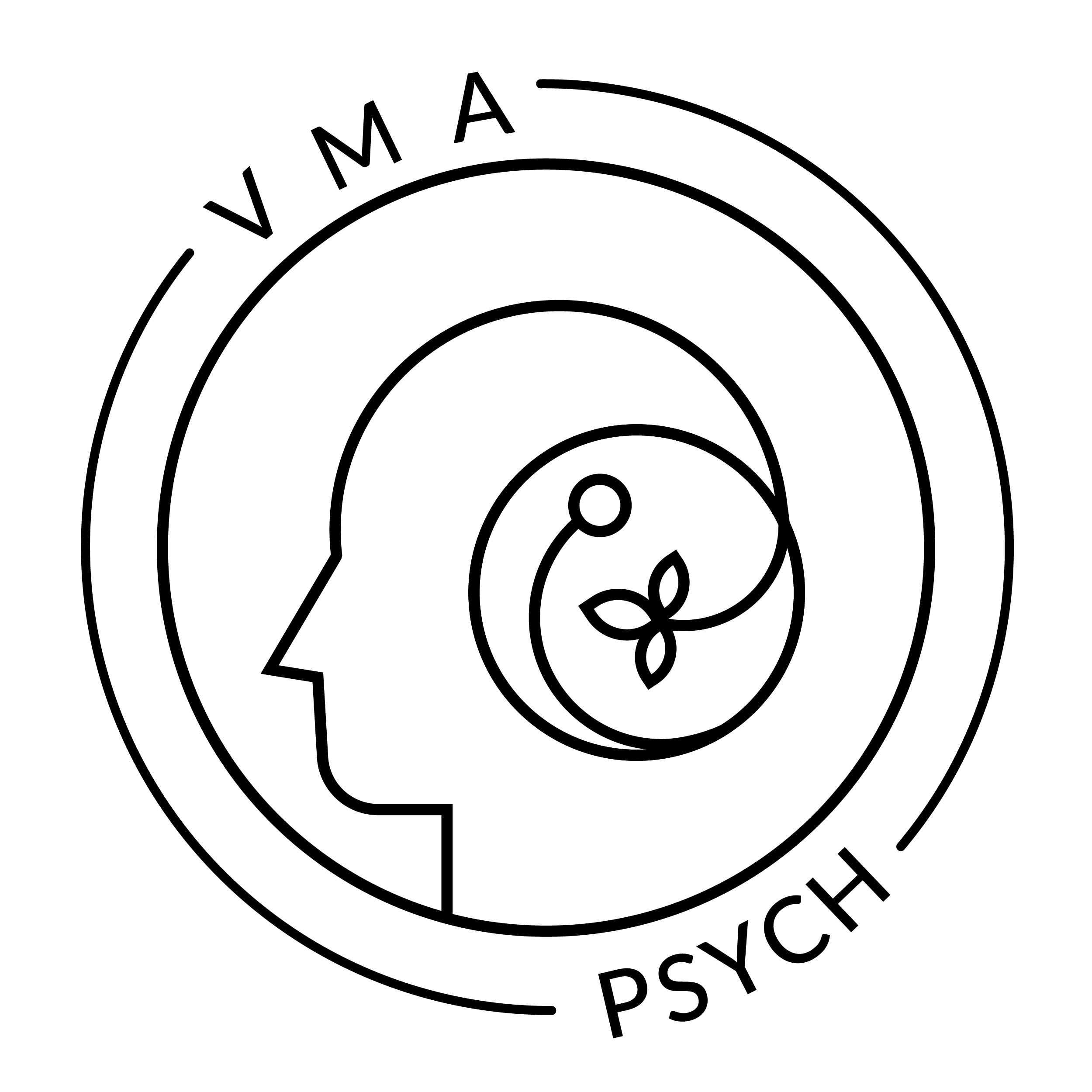Your first counselling session is an important step toward a healthier, happier future. By following these do’s and don’ts, you can make the most of your experience and ensure that your first session goes smoothly and positively.
Do’s and Don’ts
The Do’s | The Don’ts |
✔ Do Be Honest | ✘ Don't Hesitate to Ask Questions |
✔ Do Identify Your Outcomes | ✘ Don’t Ignore Your Comfort |
✔ Do Prepare Questions | ✘ Don’t Feel Pressured to Share Everything Immediately |
✔ Do Be Open-Minded | ✘ Don’t Be Afraid to Speak Up |
✔ Do Set Goals | ✘ Don’t Skip Your Questions |
✔ Do Communicate Your Needs | ✘ Don’t Dismiss Your Anxiety |
✔ Do Get to Know Your Therapist | ✘ Don’t Minimize Your Feelings |
✔ Do Take Notes | ✘ Don’t Hesitate to Share Your Past |
✔ Do Follow-Up on Recommendations | ✘ Don't Forget to Relax |
The Do’s
1. Do Be Honest
Be open and honest about your thoughts and feelings. This transparency helps your counsellor understand and support you better, making counselling more effective.
2. Do Identify Your Outcomes
Before your first session, think about the outcomes you want from therapy. Knowing your desired results can make your sessions more effective.
3. Do Prepare Questions
Write down any questions or concerns you have. This ensures you cover everything important during your session. Prepared questions can help you make the most of your time with the counsellor.
4. Do Be Open-Minded
Be willing to explore new perspectives and techniques. Counselling can introduce you to new ways of thinking and coping. An open mind allows you to fully benefit from the therapeutic process.
5. Do Set Goals
Think about what you want to achieve in counselling. Setting clear goals can guide your sessions and measure progress. Defined objectives help both you and your counsellor stay focused on what matters most.
6. Do Communicate Your Needs
Let your counsellor know what you need from the session. Whether it's a slower pace or specific topics, clear communication helps tailor the experience to your needs.
7. Do Get to Know Your Therapist
Spend some time getting to know your therapist. Building a rapport and feeling comfortable with them is crucial for effective therapy. Don't hesitate to ask questions about their approach and experience to ensure they're the right fit for you.
8.Do Take Notes
Keep track of important points discussed during the session. Notes can help you reflect and apply insights later. Reviewing these notes between sessions can reinforce learning and growth.
9. Do Follow-Up on Recommendations
If your counsellor suggests exercises or activities, ensure that you follow through. These recommendations are designed to support your progress between sessions.
The Don’ts
1. Don't Hesitate to Ask Questions
If you have any concerns or questions before your session, don’t hesitate to contact your counsellor. Clarifying any uncertainties beforehand can help you feel more comfortable and prepared for your appointment.
2. Don’t Hesitate to Share Your History
If you feel comfortable, don’t hold back important details about your past or your experiences. Sharing your history helps your counsellor understand you better and provide more effective support.
3. Don’t Feel Pressured to Share Everything Immediately
It’s okay to take your time in sharing personal details. Share what you feel comfortable with, and remember that building trust with your counsellor is a gradual process.
4. Don’t Be Afraid to Speak Up
If something isn’t working for you, let your counsellor know. Feedback is crucial for a productive therapeutic relationship. Open communication helps tailor the counselling sessions to your needs.
5.Don’t Skip Your Questions
Make sure to ask all the questions you have during your session. Don't hold back any concerns or queries; it's important to get the clarity you need.
6. Don’t Dismiss Your Anxiety
Acknowledge any anxiety or nervousness you might feel about starting counselling. It’s a normal part of the process and can be discussed with your counsellor.
7. Don’t Minimize Your Feelings
Avoid downplaying your emotions. Every feeling is valid and important to discuss in counselling. Licensed professionals are trained in holding a space for each feeling to be unpacked and explored at a pace comfortable for every client.
8. Don’t Ignore Your Comfort
Ensure you are physically comfortable before your session. Eat well and get enough rest to be fully present and engaged during your counselling appointment.
9. Don't Forget to Relax
Take some time to relax and calm your mind before your first counselling session. This can help reduce anxiety and allow you to be more present and open during the session.
Following these guidelines can make your first counselling session more productive and set the stage for a successful therapeutic journey. If you're ready to take the next step, consider scheduling your first session with VMA Psych today. Start your path to healthier, happier future with professional support.
Welcome to VMA Psych.
Your trusted provider of exceptional mental health services in the GTA & beyond. Learn More
With 40+ years as Toronto's leading psychologists, we guide individuals through life's complexities, offering specialized services for a brighter future.





















